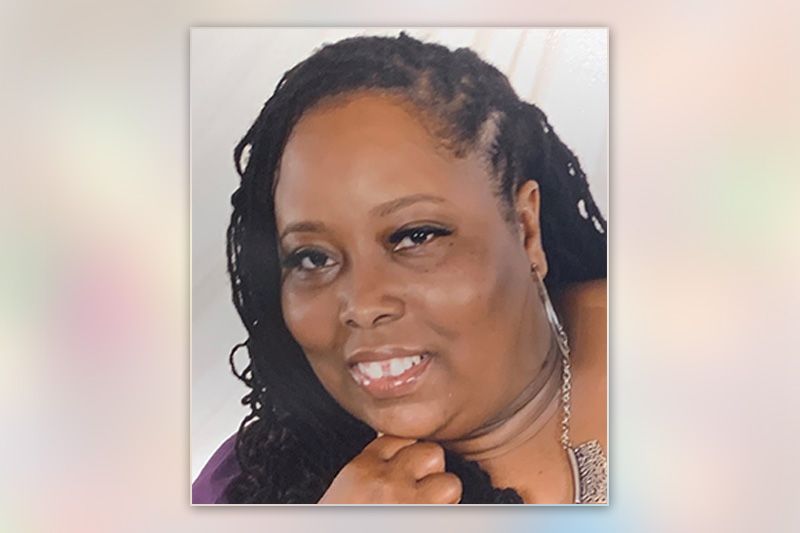Principal Shannon Dolly, Mt. Moriah Christian Fundamental Academy
Dear Editor:
The Weekly Challenger recently published two articles by the same author that painted an unflattering picture of private school choice vouchers harming public schools and even the families who use them.
As the parent of a child who benefited from one of those scholarships, and as the principal of a school where most students attend on scholarships, I know the reality is far different from what was portrayed.
I grew up attending public schools, and my mother was a public-school administrator. But when I became the single mother of a daughter whose needs were not being met in the public schools, I searched for alternatives that would work for her. I found them in the form of the Florida Tax Credit Scholarship for low-income students (FTC), and later the McKay Scholarship for students with special needs.
The FTC scholarship enabled me to afford tuition at a private school close to home that my child attended from kindergarten to eighth grade. She then attended high school at LiFT Academy in Seminole on the McKay Scholarship, graduating in 2018. Both scholarships were vital to her academic success.
Since 2015, I’ve been principal at Mt. Moriah Christian Fundamental Academy, a middle school in St. Petersburg with 32 students on FTC and eight on the similar Family Empowerment Scholarship. Contrary to the claims made in the recent article, I don’t see the scholarships being our parents’ “worst nightmare.”
Quite the opposite, these scholarships answer their prayers for a better learning environment for their children. Mt. Moriah offers these families what they cannot find in other schools, and the scholarships provide them the means to attain it.
I see the results every day, every year; students who struggled to learn in their previous public schools, who dreaded going to class, come to Mt. Moriah and flourish. They benefit from the smaller class sizes and the personalized instruction our teachers provide (we have a student/teacher ratio of 10 to 1), putting them on a pathway to graduate high school.
Mt. Moriah’s success is by no means unique to the FTC program. An independent study of the academic outcomes of tax-credit scholarship students found they’re up to 43 percent more likely than their public-school peers to enroll in four-year colleges and up to 20 percent more likely to earn bachelor’s degrees. And these low-income students were the ones who struggled the most in their public schools!
The program delivers this at a reduced cost to taxpayers. A scholarship is worth 59 percent of what the state spends per pupil in public schools. And eight different studies have concluded the program causes no financial harm to public schools.
Scholarships give parents a genuine choice in their children’s education, and they provide opportunities for educators to create schools that best meet the needs of minority and lower-income communities. About a third of the more than 99,000 students currently on the Florida Tax Credit Scholarship are Black, and another third are Hispanic. The average household income of a tax credit scholarship family is $32,835.
Education choice should not be a privilege only for those who can afford it. Florida’s scholarship programs help ensure that all families have the power to find a school that works for their children.
Shannon Dolly








